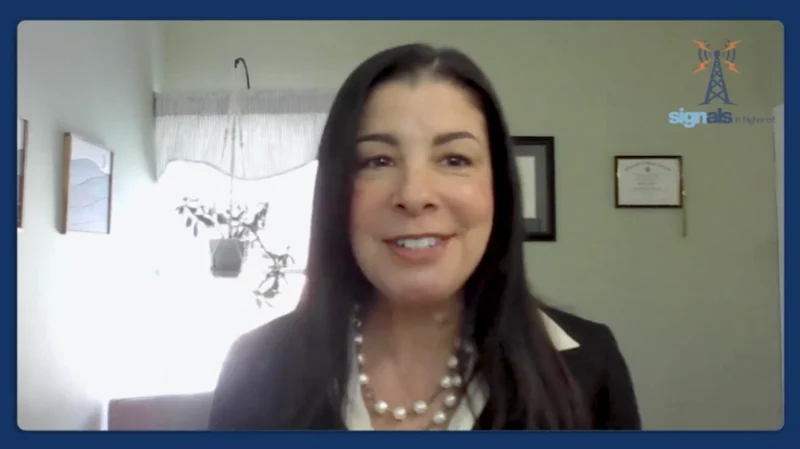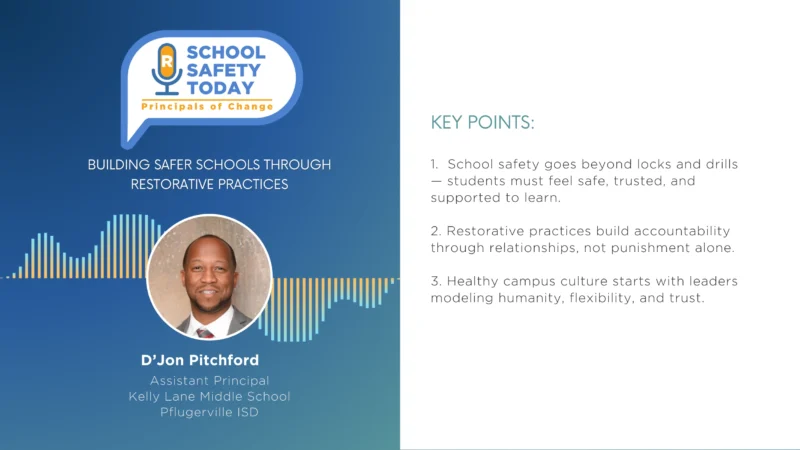From Academia to Real-World Success: The Essential Shift Needed in Math Education Focus
In recent years, a growing disconnect has emerged between traditional math education in schools and its real-world applications, particularly in relation to career readiness. This gap has sparked intense debates, especially in states like California, where the push for a new math framework has led to what some are calling a “math war.”
Amidst these discussions, how can we transform math education to not only meet academic requirements but also equip students with the skills necessary for a successful career?
“The Future of Education,” hosted by Michael Horn, dives into this pressing issue in its latest episode featuring Diane Tavenner, CEO and founder of futre.me. This episode explores the significance of math in the career landscape and challenges the traditional pathway that emphasizes calculus as the pinnacle of mathematical achievement.
Key points of conversation include:
- The mismatch between the current math curriculum and the real-world application of mathematical skills in careers.
- The overemphasis on calculus and advanced algebra, despite their limited use in the majority of careers.
- The need for a reevaluation of what it means to be mathematically literate and fluent in today’s job market .
Diane Tavenner brings a wealth of experience to the table, with a background in education reform and a track record of pioneering innovative learning models. Her insights into the shortcomings of current math education practices and the potential for technology to personalize learning make for a compelling discussion.




